I am writing an obituary of Shri Ranbeer Singhji, who died at the young age of 34. He was nobody for which an obituary would be written. Readers might have heard about his lamentable death, but many would not miss him for long. Still, I need to record my condolences for Ranbeer Singh and other 76 migrant poor who have reportedly lost lives in their gigantic struggle to return to their villages after the declaration of The Lockdown on India. It is important to record their travails for posterity, hoping sometime somewhere, our granddaughters and grandsons might read this and shed tears on our soulless life. They may or may not forgive us. But they should be told.
Ranbeer Singh was native of Badfara, a small village of some twelve hundred houses, tucked in the wasteland of Chambal valley, Madhya Pradesh. The main or only occupation here is farming, the average family landholding reduced to less than two hectares. There are no other jobs. Schooling is non-existent. We are not aware of what happened to other government schemes like, for example, MGNREGA because the ministry records here are always stuck 'in the process of filing' that indicates why folks like Ranbeer Singh have to trek in search of bread to the cities hundreds of kilometers away. He was not alone; twenty other youths from the village also work in different cities, mostly on unskilled, manual jobs. Even tigers do not travel so far.
Our hero worked as a delivery man for a restaurant in Tughlakabad, New Delhi, the national capital where all the who’s who of the nation live. It boasts of great mansions, manicured avenues, gleaming flyovers, and huge malls, and high-class hotels were gentlemen in flashy cars alight with their decked wives. Ranbeers’s was a very lowly job, a food delivery man, squeezed in the pyramid of the Delhi Society, hidden from sight, almost non-existent. The hours were long and the weather was taxing, but mercifully the eatery offered him food and place to sleep also. That allowed him to send a few rupees to the family back in the village. Three years passed. Life was hard, but with low-cost living, they pulled on, hoping for better days for their children.
Then one day, came the Corona 19, the demon king wearing a spiked throne, to rip up the world. Hardest hit was to come on the poor.
Entering India officially on 30th January 2020, the Corona Virus made rapid march and crossed 500 marks by the third week of March. The only feasible way to prevent the spread was to shun human contacts, which was not possible voluntarily, given the economic necessity as well as the behavioural tendency of our people. So the Government stepped in to order a complete shutdown of the country.
On the 23rd March night, at 8 pm nationwide telecast, the Prime Minister Narendra Modi declared complete shutdown: nobody will come out of his home, vehicular traffic on the road, railway and in the air will be grounded and all the businesses, factories, school colleges, and all offices, practically every activity except essential services will remain closed for 21 days, the PM ordered.
Lakhs of daily wage earners, in homes, shops and garages and restaurants, transport, cleaning, and many other services, that keep India’s metros running, were thrown out of jobs at that moment. With the dubious toehold in the metro shattered, they were immediately driven out of tenements by the merciless landlords. Ranbeer used to sleep in the eatery but it was closed now. With it went the free food also. With nowhere to stay in the big city, he found himself utterly helpless. It took two days to sink the circumstances in his scared mind. Everybody advised him to go home. The trains were closed, buses did not ply. In desperation, he decided to walk down to Badfara, all the two hundred kilometers.
Ranbeer left Delhi with two friends early Friday morning. It was an incredible plan, with many known and unknown difficulties. On Friday the national highway 9 was full of migrants, young and old and women and children and even babies, trudging down the highway. Soon the Sun rose swiftly battering down the travellers. It was a testing time with no food, no water. Utter Pradesh police were chasing them back, denying entry in their state. Goondas harassed and looted people.
Escaping somehow from the all-round chaos, Ranbeer and his friends trudged on, hanging to passing chance tempo some time, and trekking all day and night. By the early morning the next day, they reached Agra. Ranbeer was fatigued. He complained of a headache. But he lurched on. He was feeling giddy. Others walked ahead.
Samay O dheere chal
Buz gayi rahase chav
Door hai door hai peeka gav
Dheere chal dheere chal
On the Kailash Mode in Agra, Ranbeer suddenly collapsed. Nearby shopkeeper rushed to his aid, offering him water and a cup of chai. He called his brother-in-law but could not explain what was happening. “Come and take me away if possible” were his last word. “Microcardial infraction”, the doctors observed. In simple words, he died of a heart attack, 80 kilometers away from his wife and kids awaiting his return.
 This is no exceptional incidence. Some 77 migrants have lost lives on the road back to the village under the lockdown, mostly due to hunger and fatigue. Few were crushed under passing vehicles, and some died simply because their frail bodies refused to continue. And lakhs are herded in makeshift camps away from their homes, and nobody knows when the ordeal is to end.
This is no exceptional incidence. Some 77 migrants have lost lives on the road back to the village under the lockdown, mostly due to hunger and fatigue. Few were crushed under passing vehicles, and some died simply because their frail bodies refused to continue. And lakhs are herded in makeshift camps away from their homes, and nobody knows when the ordeal is to end.
On Sunday, at 9 pm, I lighted a diya like you, before my home, not only to show solidarity in the war against the epidemic but pay my respects to poor of Indian for whom every day remains a massive battle. The PM recently apologized to the migrant workers for the inconvenience they suffered because of the Lockdown. The real question is not only why they suffered in Lockdown, but why they had to leave their villages and shift to the metros in the first place. In my humble opinion, not only the PM but the whole nation should apologize for making them leave their village in first place…
- Subhashchandra Wagholikar
(The author is a journalist stationed at Aurangabad. He can be reached at subhashchandraw@yahoo.co.in)
Tags: Obituary Migrant Labour Ranbeer Singh Corona Lockdown Migrant Workers Narendra Modi Corona Virus English Load More Tags

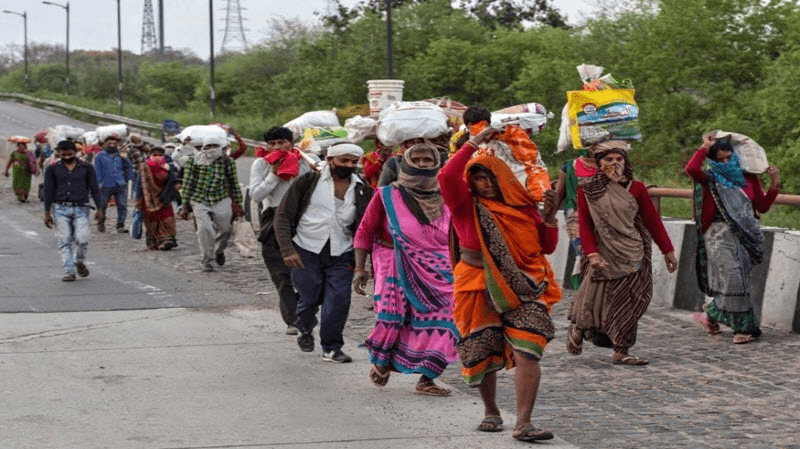

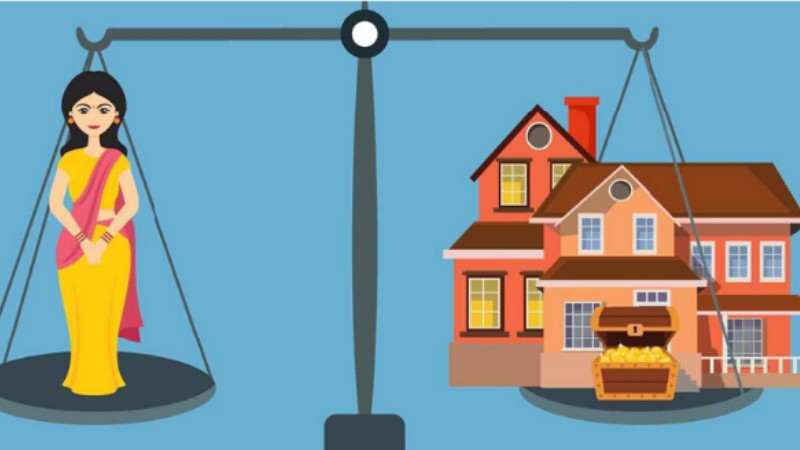

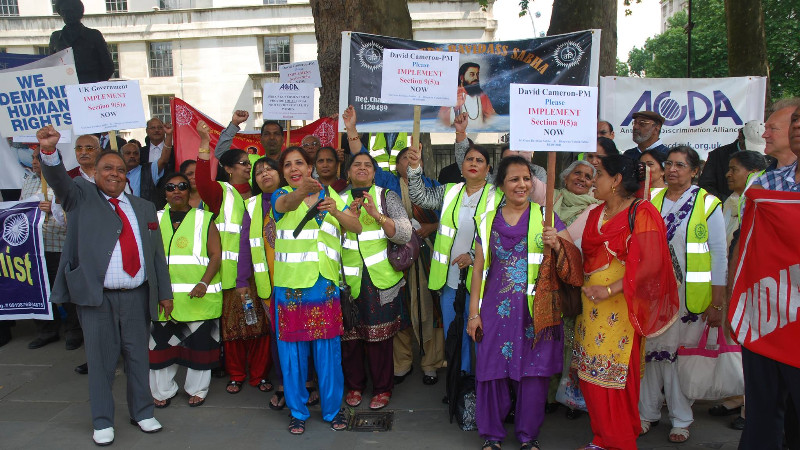
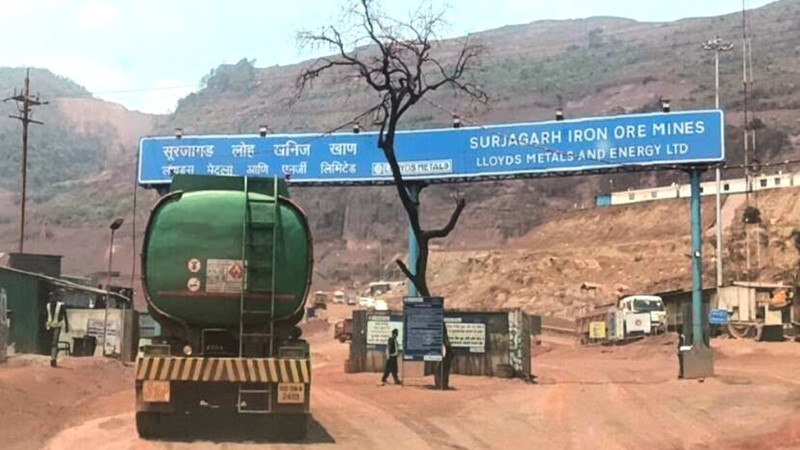
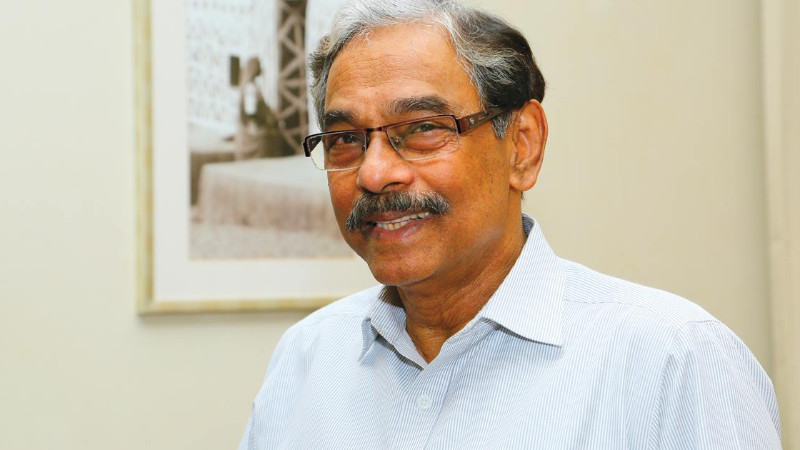
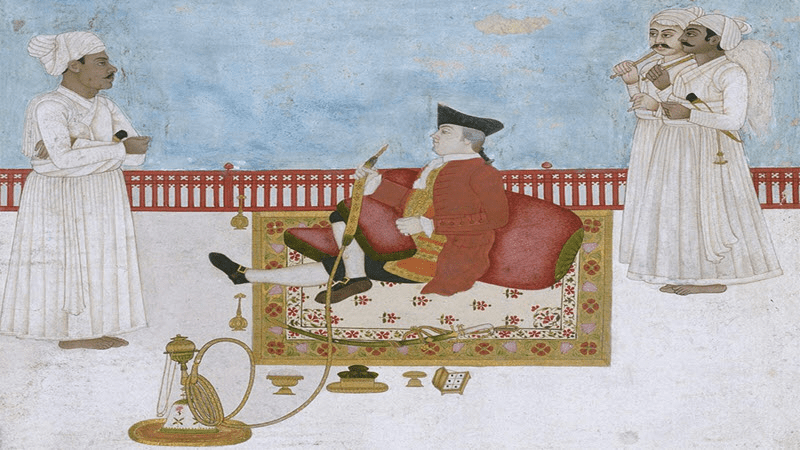
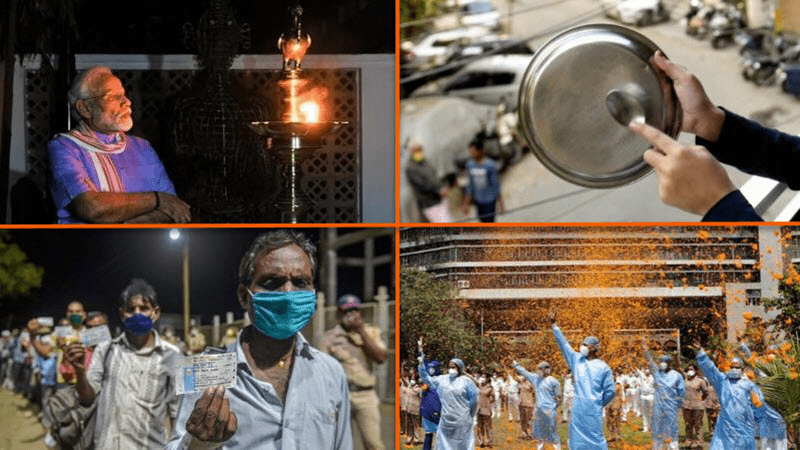
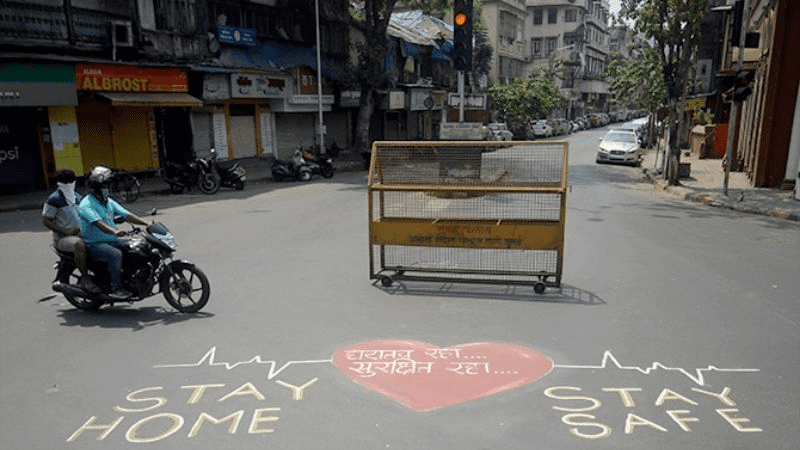


























Add Comment